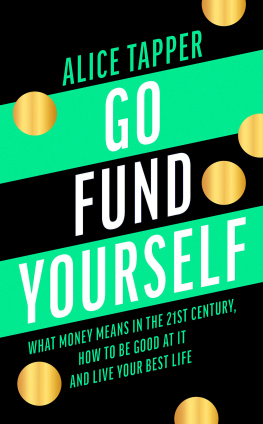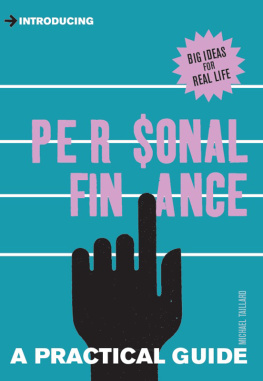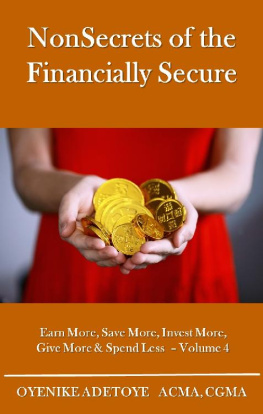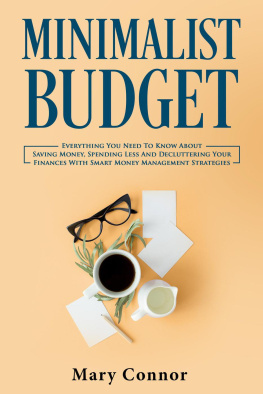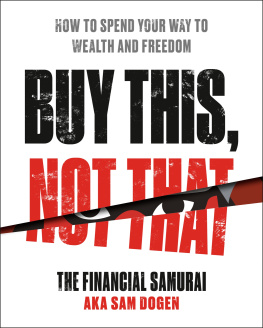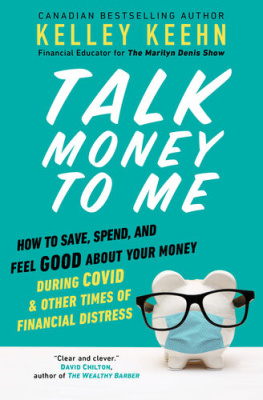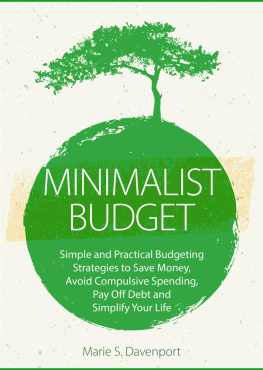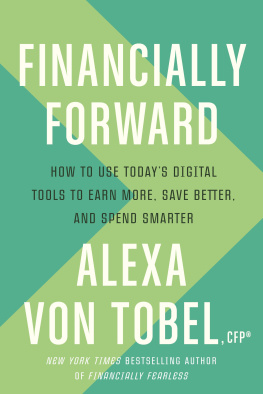

AN ANIMA BOOK
www.headofzeus.com
This is an Anima book, first published in the UK in 2019
by Head of Zeus Ltd
Copyright Alice Tapper, 2019
The moral right of Alice Tapper to be identified as the author of this work has been asserted in accordance with the Copyright, Designs and Patents Act of 1988.
All rights reserved. No part of this publication may be reproduced, stored in a retrieval system, or transmitted in any form or by any means, electronic, mechanical, photocopying, recording, or otherwise, without the prior permission of both the copyright owner and the above publisher of this book.
A catalogue record for this book is available from the British Library.
ISBN (HB): 9781788546720
ISBN (E): 9781788546713
Diagrams pp 95, 186, 227 by Sylvie Rabbe
Jacket Design: studiohelen.co.uk
Author Photo: Victoria Tapper Photography
Head of Zeus Ltd
First Floor East
58 Hardwick Street
London EC R RG
www.headofzeus.com
To my parents
Contents
Hey! Guess what I got the job!
Ive handed in my notice so Ill be starting in 6 weeks.
OMG I knew you would. Congrats!
Whats the salary?
I can say, with near certainty, that this conversation has never happened.
It has always struck me that even amongst my closest friends, and let me tell you nothing is off limits, the topic of money is a mood changer. Its rarely discussed as a group, then, every now and again, when one of us has a new job or gets a promotion, someone lets a figure slip or divulges a tiny insight into their financial life. Its not that this is received badly, but it feels like a private disclosure has been made, like youve been let in on a secret. Naturally, learning about someones earnings leads you to make a comparison of your own but why is this? How, in a culture of such openness, is money still a no-go subject?
Some have more, some have less, some of us are spenders, others are savers, but whoever you are, and however much you have, money and your relationship with it will play a huge role in your life. At school, were taught about everything, from tectonic plates to, quite rightly, sex. So how on earth has something so pivotal to adult life slipped through the syllabus and become something that we just have to pick up? I dont see Pythagoras paying my tax bill.
But money doesnt exist in a vacuum. Even if schools had taught us everything you could ever know about pensions and debt, or if wed been read personal finance books as bedtime stories, this would only have gone so far. Money is always changing. Not only in a functional sense: changing interest rates or the fact that were quickly moving to a cashless society, but also our relationship with it. How we earn, spend and think about money is evolving.
The economy, politics and technology are the three major forces responsible for casting our money into a state of flux, moulding how we think about our finances and in turn make decisions about them. Since the turn of the century, marked by the bursting of the dot-com bubble, these forces have combined and manifest themselves in unprecedented ways. Nobody is immune to these shifts but, for younger generations growing up in and around the 21st century, there have been unique and magnified effects. Were constrained in ways that previous generations havent been but have opportunities that our ancestors couldnt have even imagined.
You see, part of the problem with personal finance as it stands is that it tends to centre on what we should do: stop buying coffee, move to Zone 129 and walk to work. Throw in the old generational tropes about avocado toast eating away your house deposit and its no wonder were so uninspired to take control of our money. Nobody is motivated by being told what they cant have. Of course, its not that spending doesnt matter. Budgets are important, but theyre not inspirational. The second problem with personal finance is that its not really personal at all. Yeah, sure, you can learn about the most tax-efficient way to save, but what about the bigger picture what does money mean in your life? Not just how much you have and how much you spend, but what about the way you earn it, how you think about it and, more to the point, how does it work in our time?
Go Fund Yourself isnt about cutting back on coffee or walking to work and it definitely isnt about becoming a bazillionaire overnight. I dont believe in telling you what you should and shouldnt spend your money on and, sadly, get rich quick schemes are a load of BS. Go Fund Yourself is about the bigger picture.
Through the lens of five sections: Learn it, Earn it, Start it, Spend it and Invest it, I explore not just how you spend your money but your entire financial life. Because whats the point in trying to save if you dont have a financial dream and what good is a decent paycheque if you loathe every minute spent earning it? Well look beyond the reductive tales of our generation carelessly frittering away our house deposits, and into the real root of our financial woes, exploring how money works now and what we can do to be good at it. Whilst covering all the essentials that we should have been taught at school, but werent, each section will investigate the big financial challenges and opportunities we face today from what the #richkidsofinstagram have to do with you and your money, why spending no longer means owning, how consumerism is changing our financial mindsets and how being open about our finances could make us all richer.
Rather than focusing on the small tweaks (although well cover those too), this book will shed light on the big changes and choices that really make a difference to your life. From how to set up a system to get you out of debt faster, to how to earn money doing something you love and take steps towards validating and starting a business. This isnt a new-fangled programme or scheme with an unrealistic promise of setting you up for retirement before forty. In fact, most of the advice contained in this book isnt new at all. Ive simply drawn on my own experience and packaged up the tried, tested and trusted techniques across a range of topics and interwoven them with stories about how money works today. But most importantly, this book is about you and your life. Im not going to make any assumptions about what you do and dont spend your money on, or judgements about how you spend it. Instead, Ill help you identify what your best financial life looks like and show you how to get there. Basically, Ive written the book that Ive always wished existed.
By virtue of the fact that I am myself a twenty-something, and because the book looks specifically at the opportunities and challenges facing younger generations today, it probably speaks more to a twenty- or thirty-something crowd. Of course, there might be themes and trends you dont agree with or that arent relevant to you and thats cool. Just take whats useful and leave what isnt. Im not a fan of generational labels such as Millennial and Gen Z but I did need some vocab to broadly describe you, my target audience, so I set on speaking about younger generations or our generation. All this being said, most of the practical advice contained within the book is age-neutral and I hope that it might be useful to anyone of any age.

